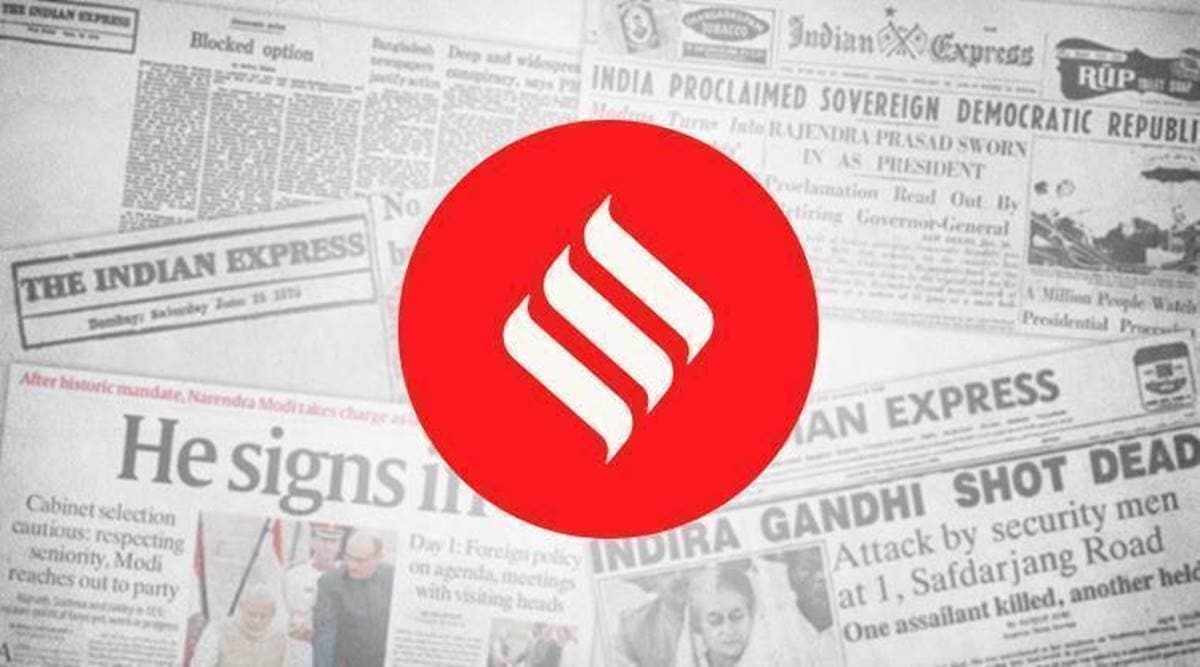 Wordle releases one puzzle a day. Every day, you get six attempts to guess a five-letter word.
Wordle releases one puzzle a day. Every day, you get six attempts to guess a five-letter word. Something strange is afoot on social media. Little grids of green, yellow and black squares have been mysteriously popping up on timelines, interrupting the regular programming of righteous rants, virtue signalling and hate speech. All clues lead to an unremarkable website, Wordle, which hosts a word game that is winning enthusiasts around the world faster than we have learnt to say Omicron. Like the best of things, Wordle began as an act of love. Software engineer Josh Wardle designed the game for his partner — she being a devotee of cryptic crosswords and the Spelling Bee — for their private pleasures. But they soon realised it was too good a thing to be left unshared. The world agrees. Since its release late last year, Wordle has been played by 3 lakh people.
The game’s simple, even if it’s got linguists writing Twitter threads on how to crack it. Wordle releases one puzzle a day. Every day, you get six attempts to guess a five-letter word. No clues are given, though for every word you submit, you get to know if you have got some letters right (they light up in yellow), if they are in the right place (green), or if your guess is entirely wrong (black), hopefully helping you find your way to the right word before your chances run out. You can even brag and post your performance on Twitter with the grid of squares, without letting the answer spill. There’s something endearingly analogue about how little Wordle sucks up your time, or how it refuses to tempt you into rabbit holes of distraction with ads and notifications, unlike anything else on the internet.
Truth be told, the world is not the nicest of places today — shrunk by a virus, vexed by demagogues and despots, and on course to keep its date with the climate apocalypse. But doomscrollers, cheer up. When you are on the road to perdition, you can do far worse things than make a pit stop and play a word game or two. Hate, thankfully, is not a five-letter word.
- The Indian Express website has been rated GREEN for its credibility and trustworthiness by Newsguard, a global service that rates news sources for their journalistic standards.

